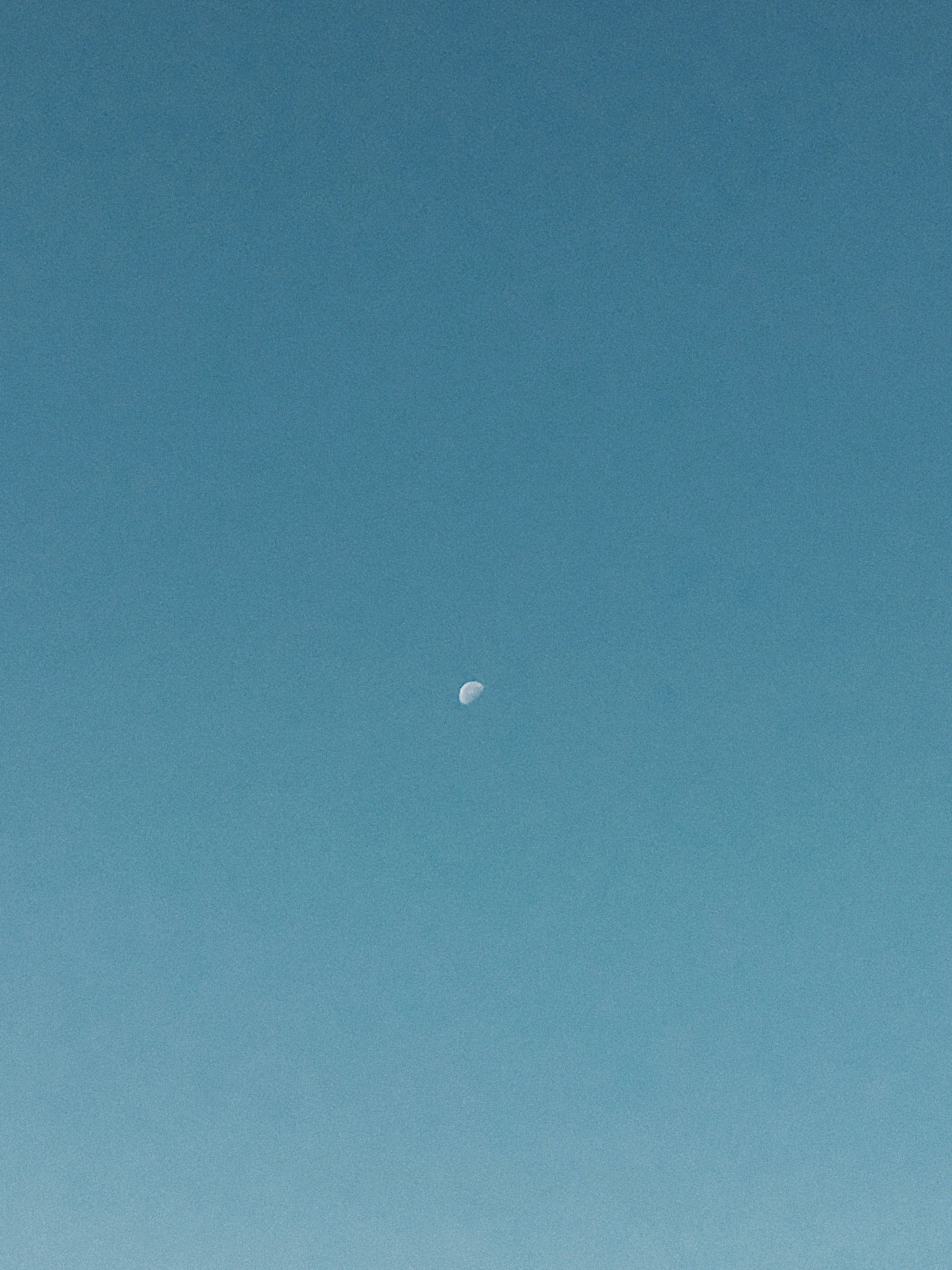Greenland's Possible Seccession from Denmark: A Brief Overview
Greenland's Sovereignty Decision Under Scrutiny, Trump Factors Playing Role in Background
In the upcoming elections, the people of Greenland are set to cast their votes, with the question of independence still lingering in the air. The campaign has primarily focused on whether or not to cut ties with Denmark, and the threat of US involvement hasn't exactly dampened the spirits of those advocating for independence.
Insisting to be neither Danish nor American, Greenlanders are keen on establishing their identity as Greenlandic. University of Greenland political scientist, Maria Ackren, notes that President Trump's aggressive remarks about acquiring Greenland have revived the conversation around independence, providing momentum for Greenlandic decision-makers to push for their goals.
The issue of independence has overshadowed other important topics such as education, social affairs, fisheries, and tourism during the campaign. A majority of parties represented in parliament support full sovereignty for the massive ice-covered island, which is 50 times the size of Denmark but decrepit in population.
Building cranes tower over the capital, Nuuk, symbolizing Greenland's rapidly modernizing society. However, this progress has left many Inuit residents by the wayside, with serious social woes visible in statistics - Greenland has one of the highest suicide rates in the world, more abortions than births, and a life expectancy for men under 70 years.
Among the most impatient for independence is the opposition nationalist Naleraq party, which has been highly vocal during the campaign. Vowing to initiate the independence process without delay, the party aims to strike while the iron is hot - namely, the global interest in Greenland that started with Trump's controversial comments. Juno Berthelsen, a leading candidate for Naleraq, believes independence could be achieved within one or two election cycles, assuming negotiations between Greenland and Denmark go smoothly.
On the other hand, the outgoing government coalition, made up of the green-left Inuit Ataqatigiit (IA) and the social democratic Siumut party, favors a more measured approach. They stress the need for economic independence before pursuing political independence, as Greenland currently receives a significant portion of its budget from Denmark. Aaja Chemnitz, a Greenlandic representative in the Danish parliament, emphasizes the importance of addressing economic development issues to ensure a more sustainable future for Greenland.
While Greenlanders aspire to break free from Denmark's "jail," they rely on the annual subsidies that keep them afloat. Some residents argue that the subsidies make them feel trapped. The exploitation of Greenland's mineral resources, which could be a potential economic springboard towards independence, remains in its early stages. Ole Moeller, a middle manager at a transport company in Nuuk, suggests focusing on self-sufficiency in food and fuel to reduce dependence on resources from abroad and to ensure safety in these uncertain times.
In conclusion, while nearly all parties represented in Greenland's parliament support the vision of independence, the pace at which this goal will be achieved remains a matter of debate. Both the economic and political environment play crucial roles in shaping Greenland's path to autonomy, with tensions with the U.S. and Denmark's stance on territorial integrity presenting challenges along the way.
- In the coming elections, the question of Greenland's secession from Denmark is a major focus, overshadowing issues like education, social affairs, fisheries, and tourism in the legislative agenda.
- The Naleraq party, a vocal nationalist opposition, wants to kickstart the independence process immediately, leveraging global interest in Greenland alongside the US politics.
- On the other hand, the outgoing government coalition, comprised of Inuit Ataqatigiit and Siumut, advocates for addressing economic independence before pursuing political autonomy, considering the significant budget support from Denmark.
- Greenlanders may be eager to break free from Denmark's "jail," but they are reliant on the annual subsidies that maintain their economy, with some locals feeling trapped by this reliance.
- Although the exploitation of Greenland's mineral resources offers prospective economic independence, focusing on self-sufficiency in food and fuel may ensure a more consistent and secure future, as proposed by Ole Moeller from the Nuuk transport company.








